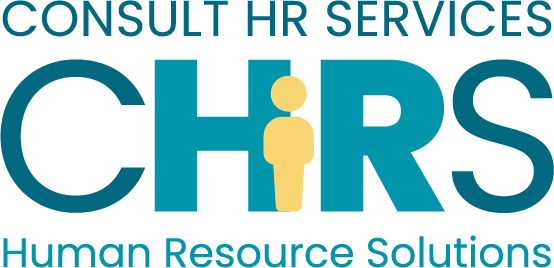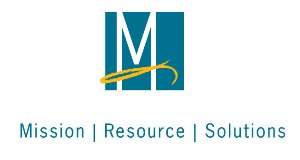
What Employers Can Learn From EEOC’s 2023 Enforcement Efforts
Discrimination in the workplace remains a significant issue, as evidenced by the U.S. Equal Employment Opportunity Commission (EEOC) receiving 73,485 discrimination charges in fiscal year 2023. While many of these charges allege multiple types of discrimination, retaliation remains the most common. In this post, we’ll break down key trends from the EEOC’s enforcement efforts and explore how employers can better align their policies to avoid potential workplace discrimination claims.
The EEOC’s 2023 Discrimination Charge Data
In the last fiscal year, retaliation topped the list of reported charges, accounting for more than 50% of all complaints. Additionally, the report shows a concerning rise in religion-based and disability discrimination charges. Employers need to stay proactive and make necessary updates to their practices, policies, and training to avoid costly mistakes. Check out the EEOC’s data dashboard for more details.
California’s Contribution to the Data
In fiscal year 2023, 6.1% of the total charges filed with the EEOC came from California. The data reveals that California employers must comply with both federal and state anti-discrimination laws. This includes considering recent updates, such as the June 29, 2023, U.S. Supreme Court decision in Groff v. DeJoy regarding religious accommodations. Explore California’s Fiscal Year 2021 Report for more context.
EEOC Lawsuits and Their Impact
In 2023, the EEOC filed 143 lawsuits, recovering more than $22.6 million for victims of discrimination. The majority of these cases involved retaliation, sex discrimination, and disability discrimination. Most of these lawsuits focused on employment termination (69.2%), harassment (39.2%), and hiring issues (25.2%). The EEOC achieved a 91% success rate in resolving these lawsuits, emphasizing the importance of having fair and transparent policies in place.
What Employers Can Learn
Training is Essential: Regular training on anti-discrimination policies can prevent potential claims.
Policy Reviews: Stay current with federal and state regulations and conduct regular policy audits.
Hiring and Termination Practices: Employers must ensure their hiring and termination processes are free from bias and well-documented.
Conclusion:
The EEOC’s 2023 report highlights valuable insights for employers to improve their policies and practices. By addressing discrimination issues proactively, companies can avoid lawsuits, foster an inclusive work environment, and reduce the risk of legal disputes.
To learn more about how Consult HR Services can help with harassment prevention training and compliance, contact us today.
Original blog content by SHRM. All rights reserved.

